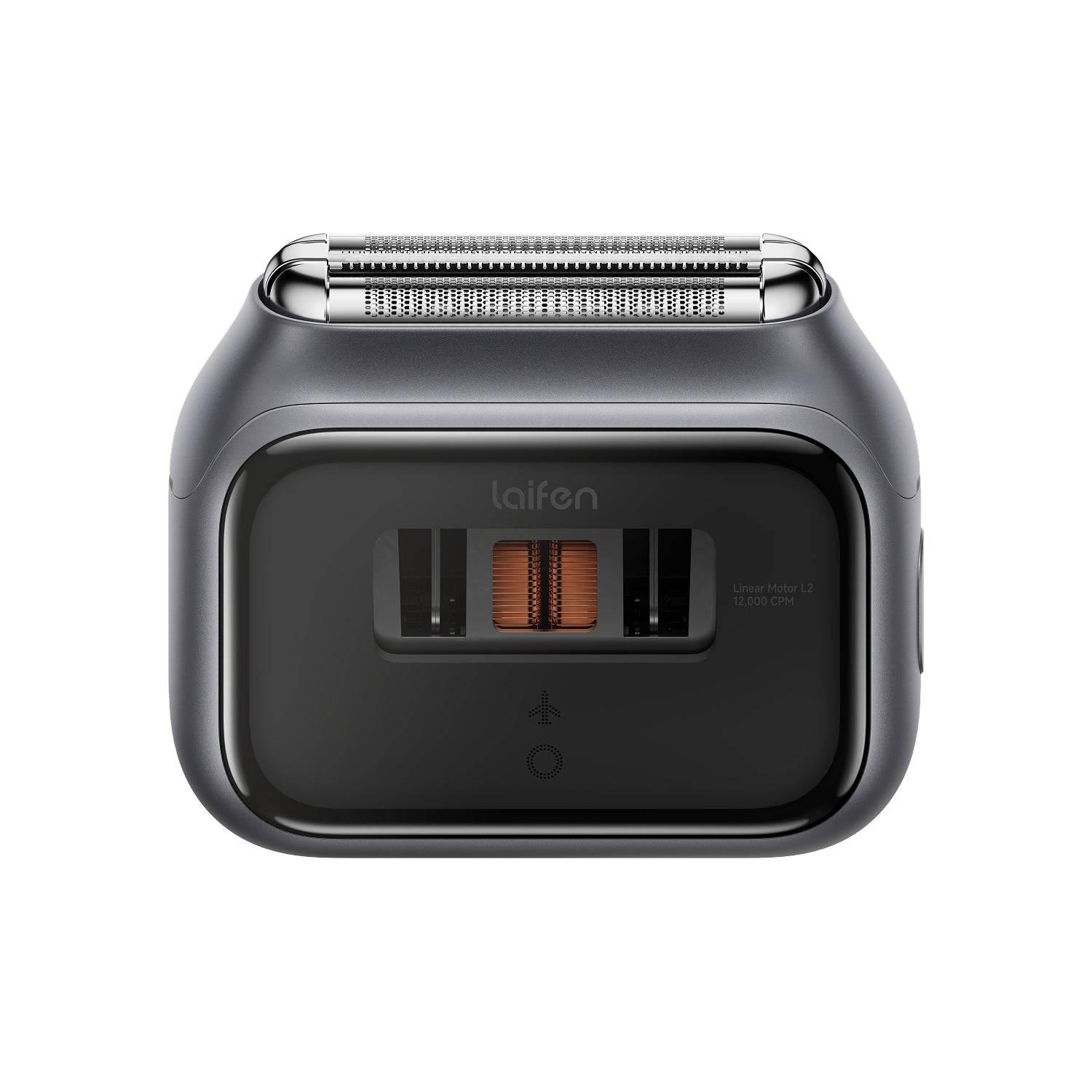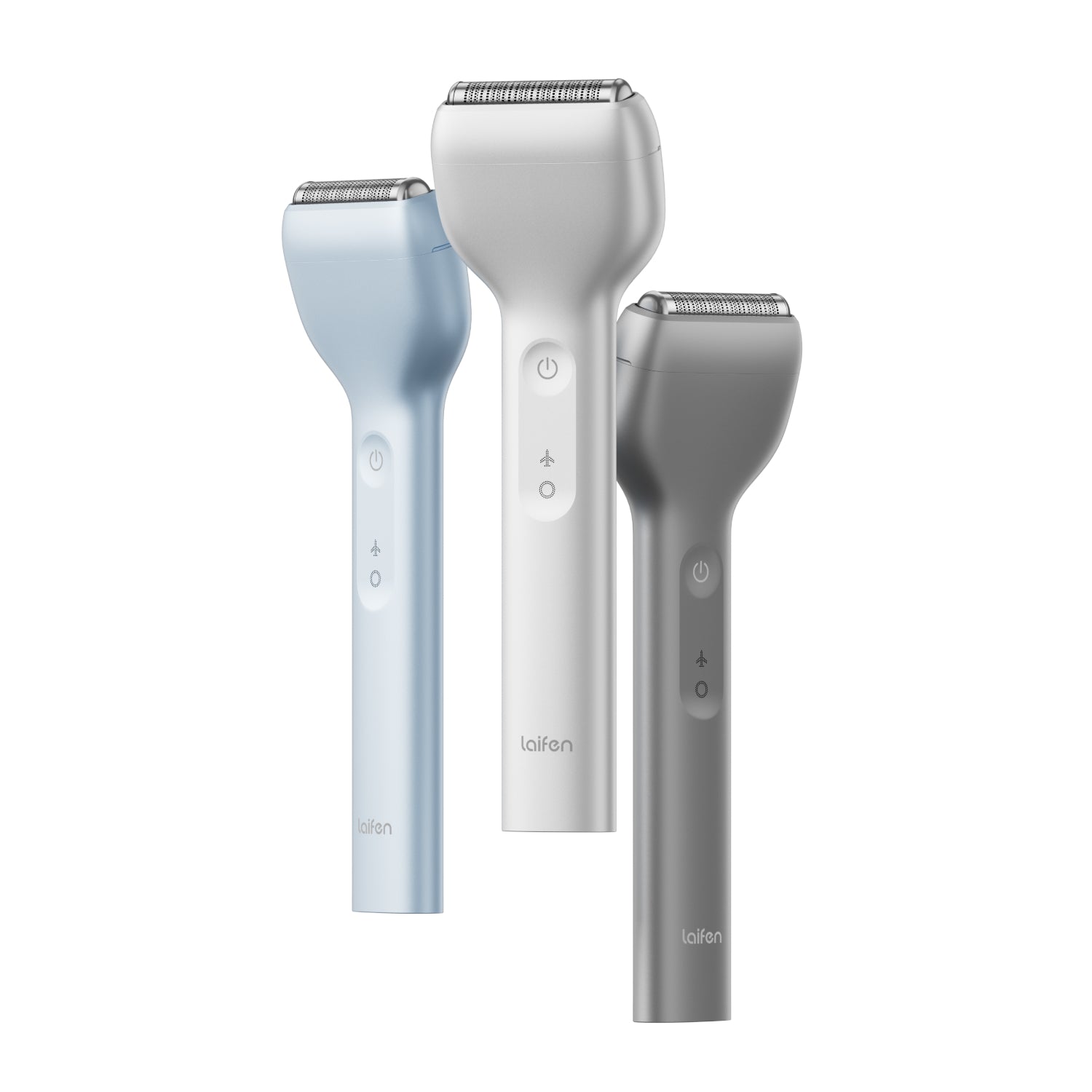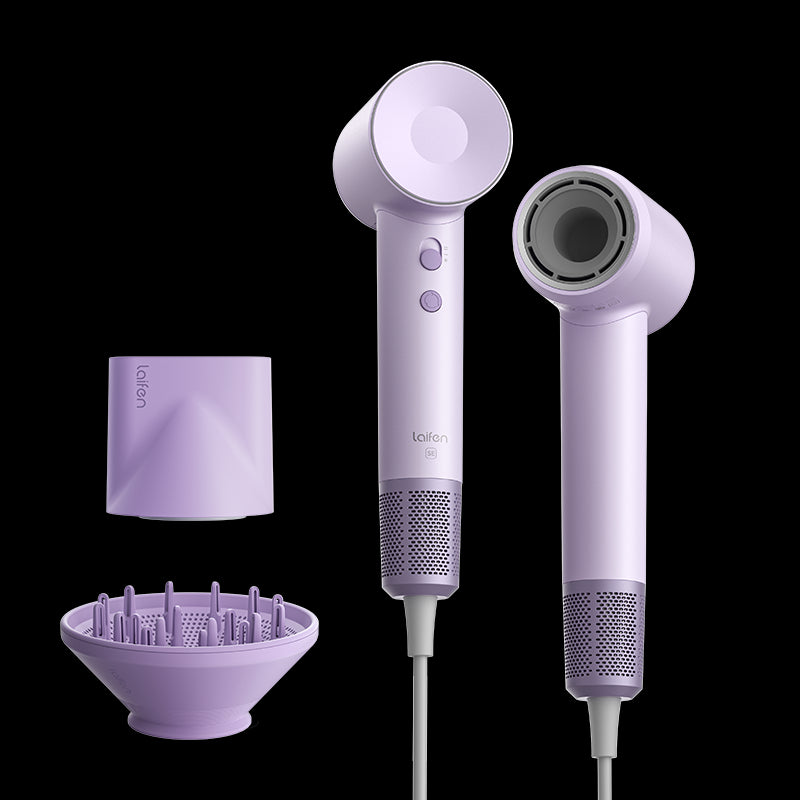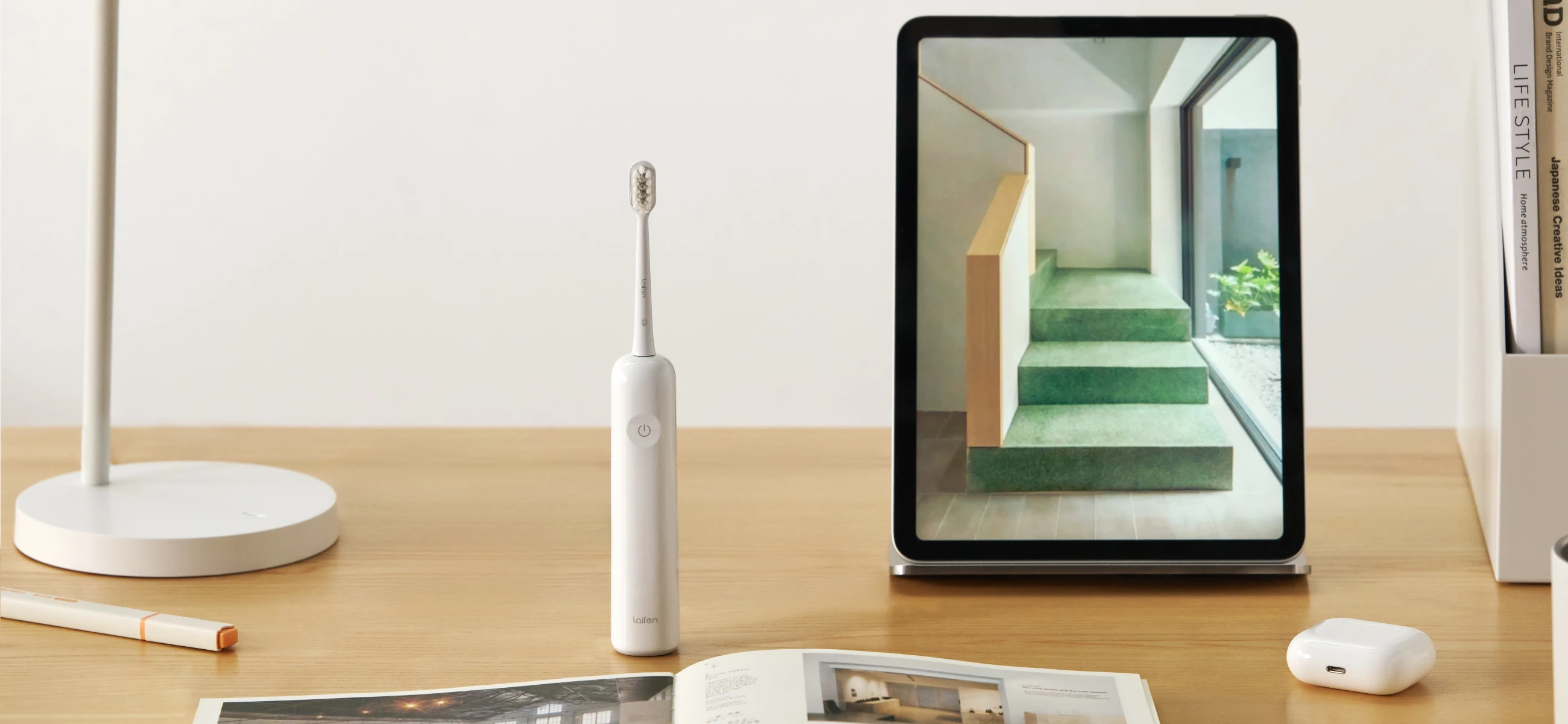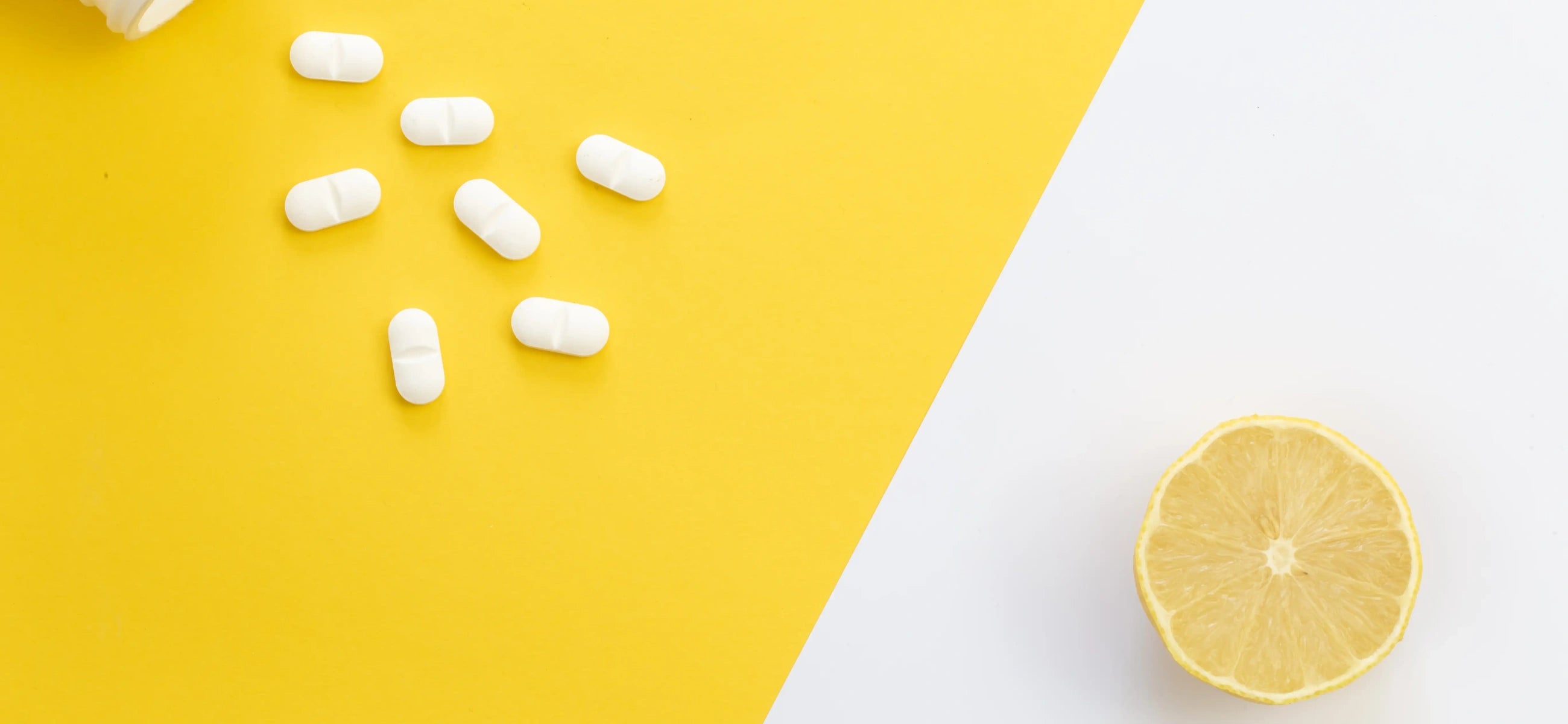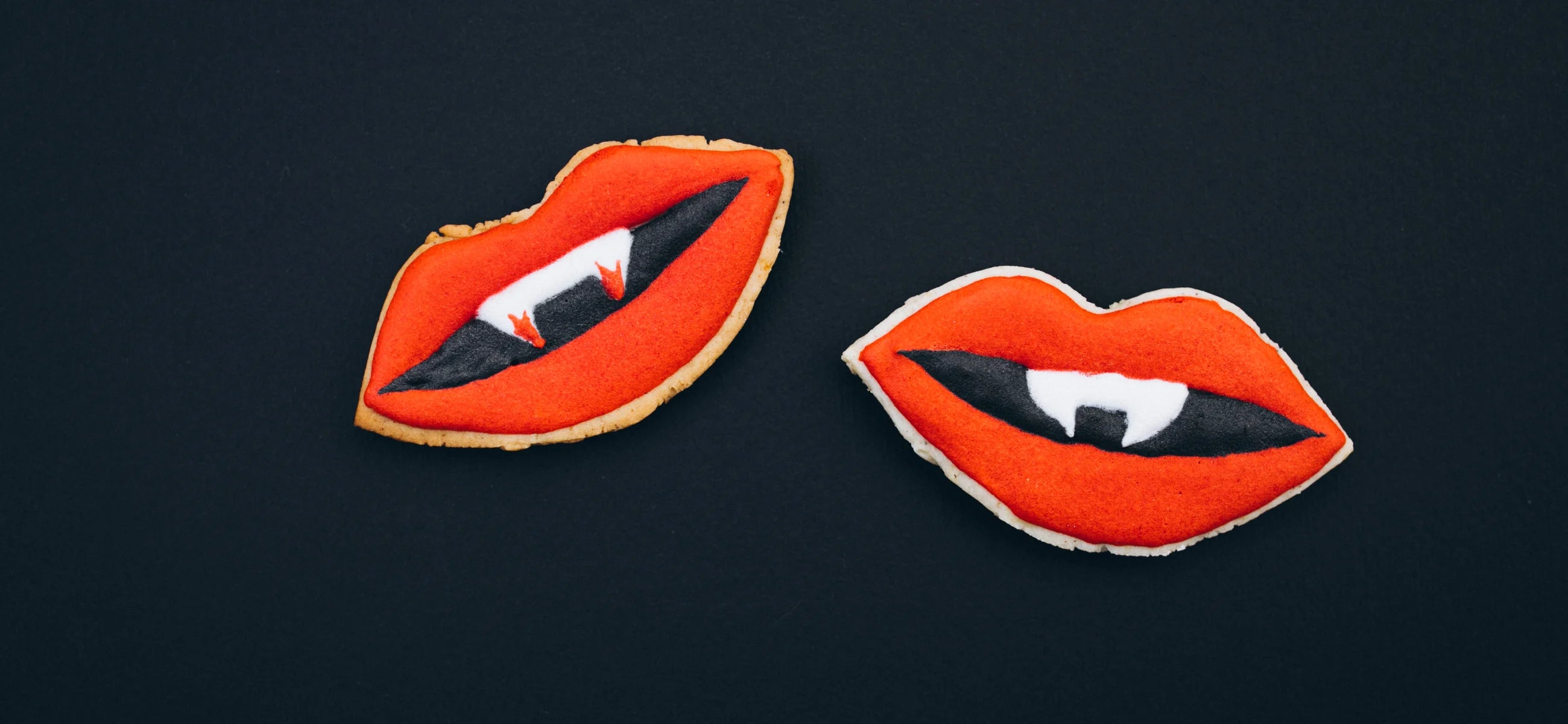
In this article
Whether you experience it once in a while or every day, understanding the cause of the metallic taste in your mouth is important if you want to treat it.
Though it's not serious in itself, it might be caused by some medications or it may be a result of an infection.
With that in mind, we look at some of the causes of a metallic taste in the mouth and introduce some simple steps you can take to treat it.
What causes the metallic taste in your mouth?
The causes of metallic taste in your mouth are numerous and it's a common issue for lots of people. In some instances, it can be a result of your lifestyle, in others it can be a sign of an infection or because of using medications. Here are some of the most common causes if you have recently noticed an unpleasant taste in your mouth:
Poor oral hygiene
The way you look after your teeth and gums could lead to a metallic taste in your mouth. Specifically, if you don't regularly brush, floss, and use mouthwash, excessive bacteria can build up in your mouth.
Improving your oral hygiene can be enough to remove the taste metallic in your mouth, but if not, it can also be caused by some of the following afflictions.
The common cold
Having the common cold or a sinus infection can change the taste in your mouth. If you have symptoms like a cough, sore throat, or jaw pain, you may also notice an unpleasant, tinny taste in your mouth.
The good news is that the common cold and other infections don't last for long and when they clear up, the bad taste in your mouth should also go.
Some medications
Taking some medications regularly can lead to a metallic taste in your mouth. Some antidepressants, for instance, can leave an unpleasant taste in the mouth, and as they are taken daily, it might be the cause of the ongoing taste in your mouth.
Also, people on chemotherapy treatment and those taking specific heart medications may also encounter an unpleasant taste in the mouth. If you're concerned about the medication you're taking, ask your doctor if there are any alternatives you can consider.
Indigestion
Heartburn, indigestion, and acid reflux can cause a metallic taste in the mouth. If you have eaten a particularly big meal and feel full, you might experience an unpleasant taste in your mouth.
For most people, this is just a temporary issue and when you digest the food properly and brush your teeth, the taste should disappear.
Pregnancy
As a result of hormone changes, you are likely to experience an unusual taste in your mouth during pregnancy. For most women, this is temporary and doesn't last for the duration of your pregnancy.
However, if it persists for several weeks, speak to a doctor about some of the things you can do to try and prevent it from occurring.
Excessive alcohol
If you drink an excessive amount of alcohol, you're likely to wake up with a metallic taste in your mouth. Obviously, reducing the amount that you drink and cleaning your teeth properly should clear things up.
If such taste in your mouth leads to headache, nausea, and fatigue, you should contact a doctor right away to find out the underlying cause.
How to get rid of the metal taste in your mouth?
Before getting rid of the metallic taste in your mouth, you need to determine what has caused it. For most people, this feeling in the mouth is caused by poor oral hygiene. Here are the steps you can take to improve the way you look after your teeth:
-
Brush your teeth 2-3 times per day for at least 2 minutes each with an oscillating electric toothbrush. The Laifen Wave is much better than a manual brush and one of the most innovative electric toothbrushes on the market.
-
Floss between your teeth at least once a day. If you don't like dental floss, use a water flosser to remove stubborn bacteria from between your teeth.
-
Use an antibacterial mouthwash twice a day to remove bacteria from your tongue and gums. You should swill the mouthwash around your mouth for between 20-30 seconds so it has time to work on the bacteria.
If you don't think the metallic taste in your mouth is caused by poor oral hygiene, you should contact your doctor, particularly if you currently take medication.
Another option is to schedule an appointment with a dental hygienist. This is a good move if you're concerned that the absurd taste in your mouth is accompanied by bad breath.
Ultimately, you should be able to remove the metallic taste in your mouth by improving the way you look after your teeth and gums, but you might need to speak to a dental or health professional if the bad taste doesn't go away.
FAQ
Q1: Why do I taste metal in my mouth?
There can be numerous reasons why you have a metallic taste in your mouth. It can be a result of poor oral hygiene, an infection, or some medications, for instance.
Q2: Is the metallic taste in mouth Covid?
Covid can cause it in your mouth, but it's not the only potential cause. If you think you have Covid, you should arrange for a test and seek the necessary treatment.
Q3: Is it normal to get a metallic taste in your mouth during pregnancy?
Yes, hormonal changes during pregnancy can lead to a this taste in your mouth. If you experience the metallic taste for more than a few weeks, you can consult a doctor to see how to treat it.

